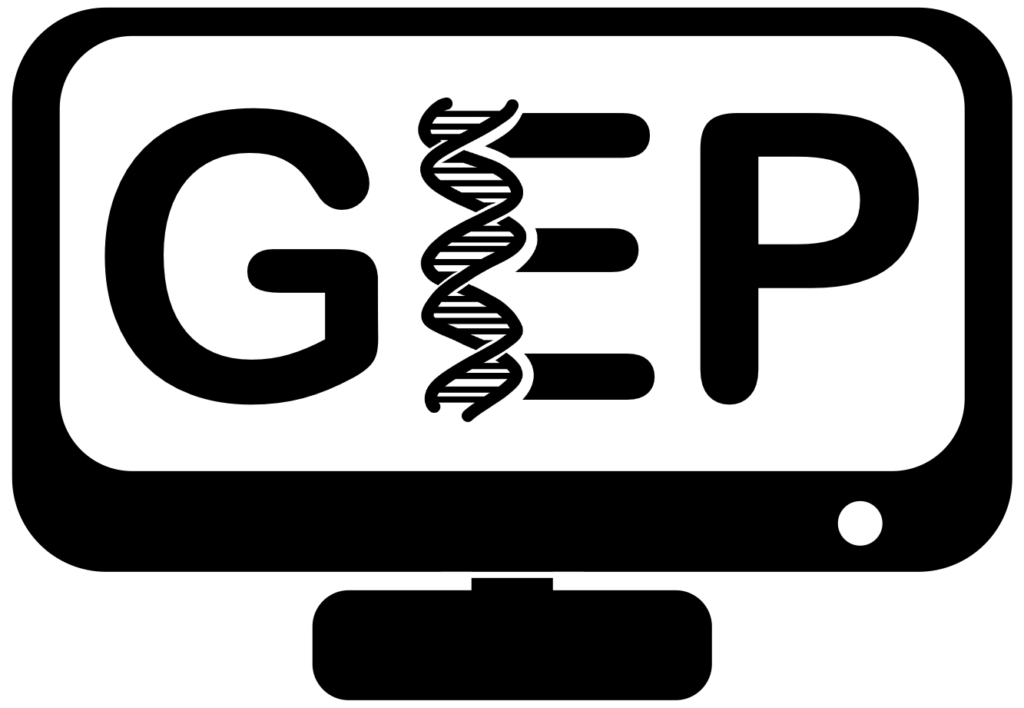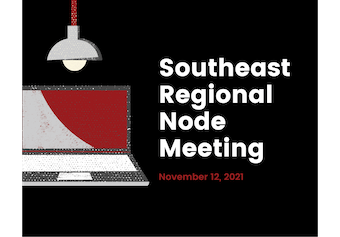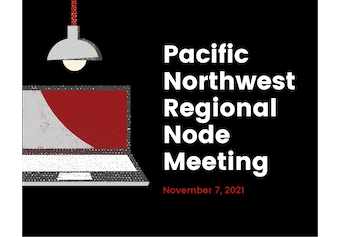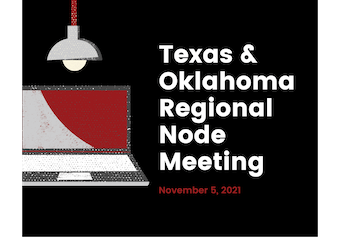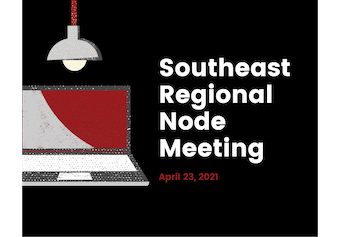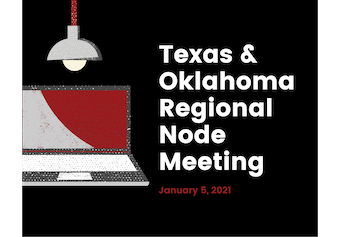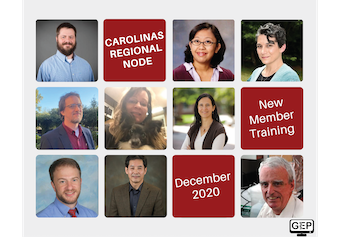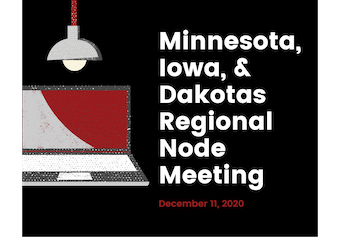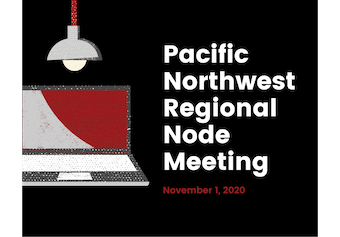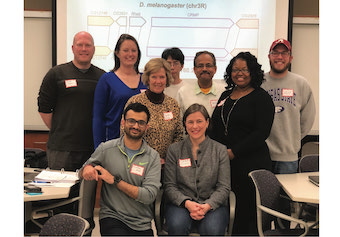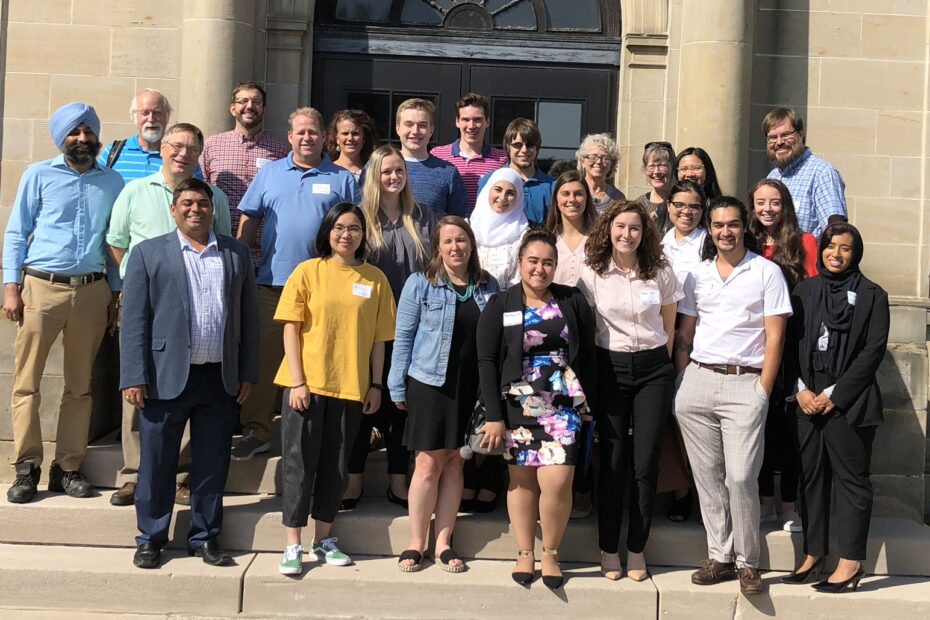Southeast Regional Node Meeting – November 12, 2021
The GEP Southeast Regional Node held a virtual meeting on November 12, 2021, with 43 students and faculty in attendance, representing colleges and universities from Alabama, Florida, Georgia, and Tennessee. Keynote speaker Dr. Sarthok Rahman, a postdoctoral researcher at The University of Alabama, discussed how bumblebees got their colors. His address described scales of life ranging from molecular to ecological, including aspects of epigenetics, gene mapping, signal transduction, developmental biology, convergent evolution, Müllerian mimicry, biogeography, and more. Dr. Sarthok’s presentation exemplified how high-quality genome annotations are useful for comparative genomics.
After the keynote address and ensuing discussion, the 30 undergraduates were divided into two breakout rooms, where they presented their research as five-minute talks. Students shared their challenges, progress, and results in reconciling, annotating coding sequences, and annotating promoter regions.
Students reported that the annotation projects have been a valuable introduction to the world of bioinformatics and participating in our Course-based Undergraduate Research Experience has helped them to make order and sense from overwhelming amounts of data. Faculty reported that it was interesting to hear a broad diversity of student talks.
The two-hour event continued a series of community-building Southeast Regional Node events. We look forward to seeing faculty and hearing from more students at the next meeting!
